Astronomers looking at how black holes grow over time may have found the answer to one of the biggest problems in cosmology.
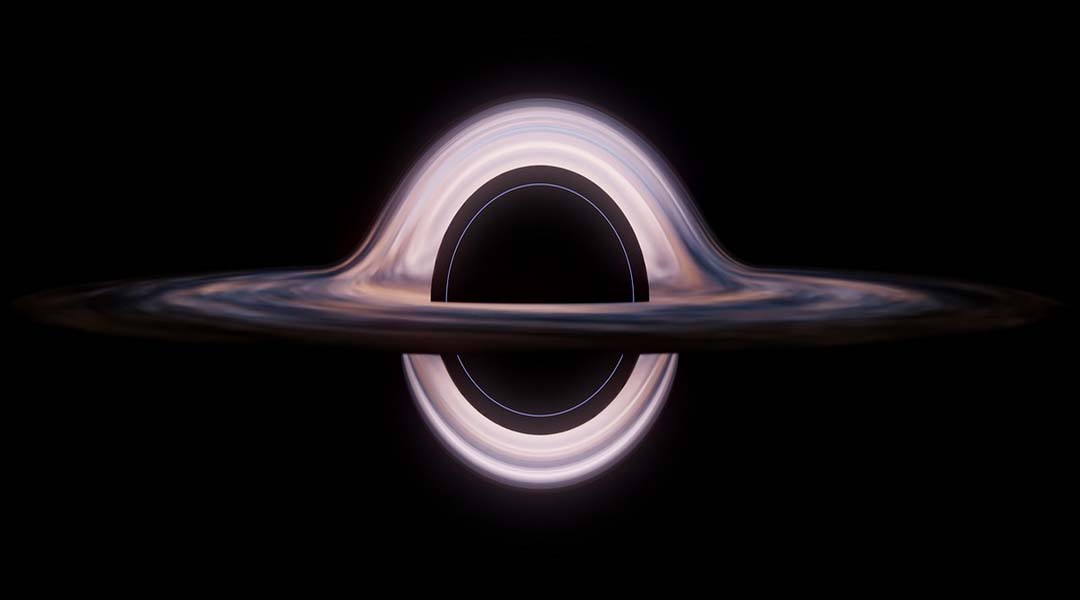

Astronomers looking at how black holes grow over time may have found the answer to one of the biggest problems in cosmology.
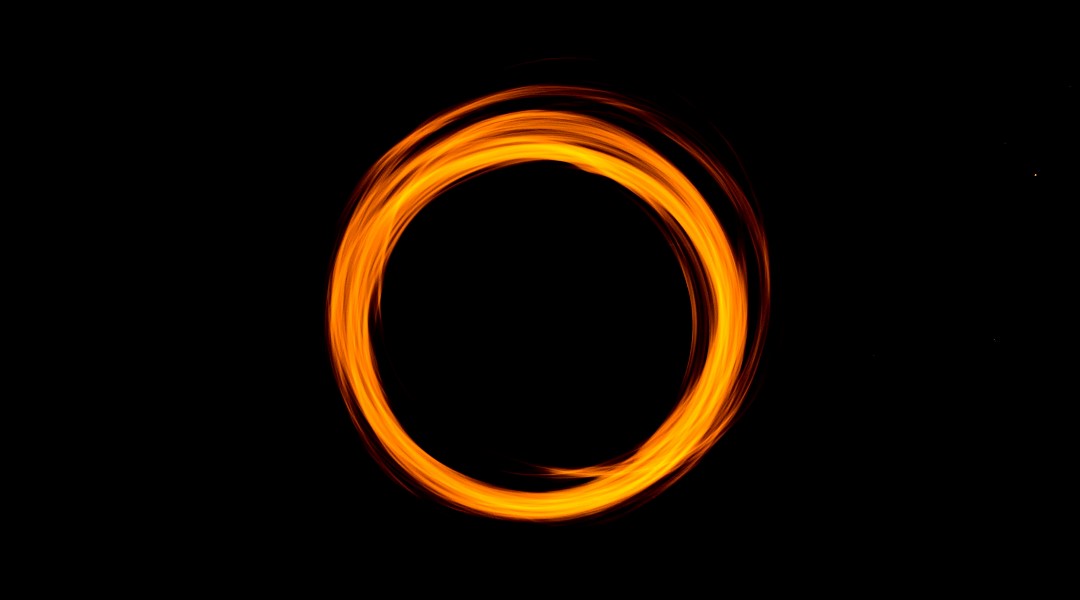
Is it time to start looking for alternatives to WIMPs?
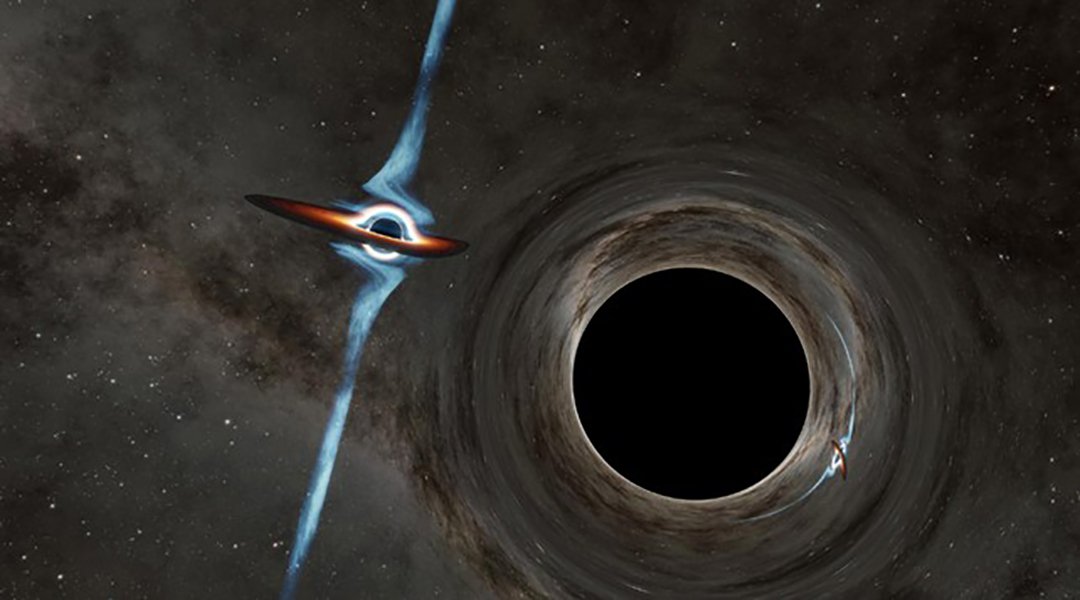
45 years worth of radio telescope observations have identified a pair of supermassive black holes at the core of two galaxies set to merge.
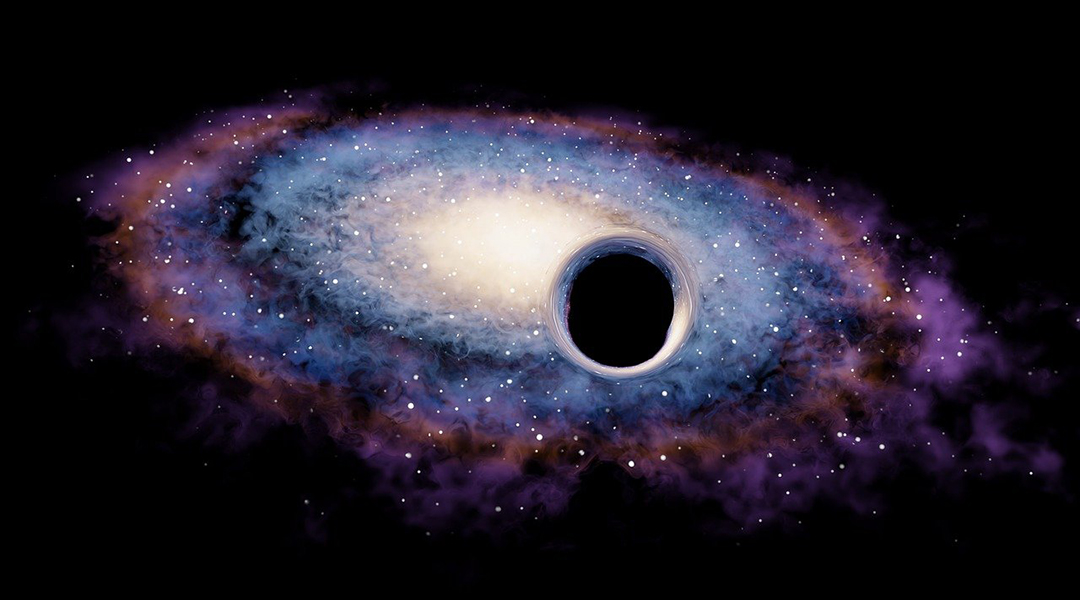
A new theory for the origin and nature of dark matter resolves some inconsistencies between cosmological predictions and astronomical data.
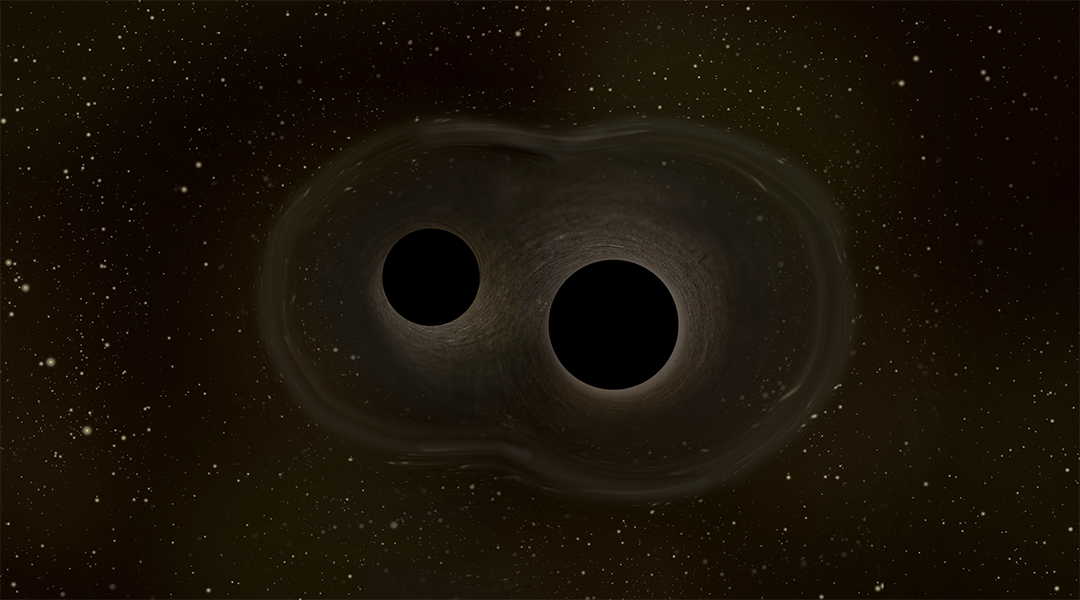
The existence of a quantum membrane is predicted by some theories of gravity, and scientists might be one step closer to identifying one.
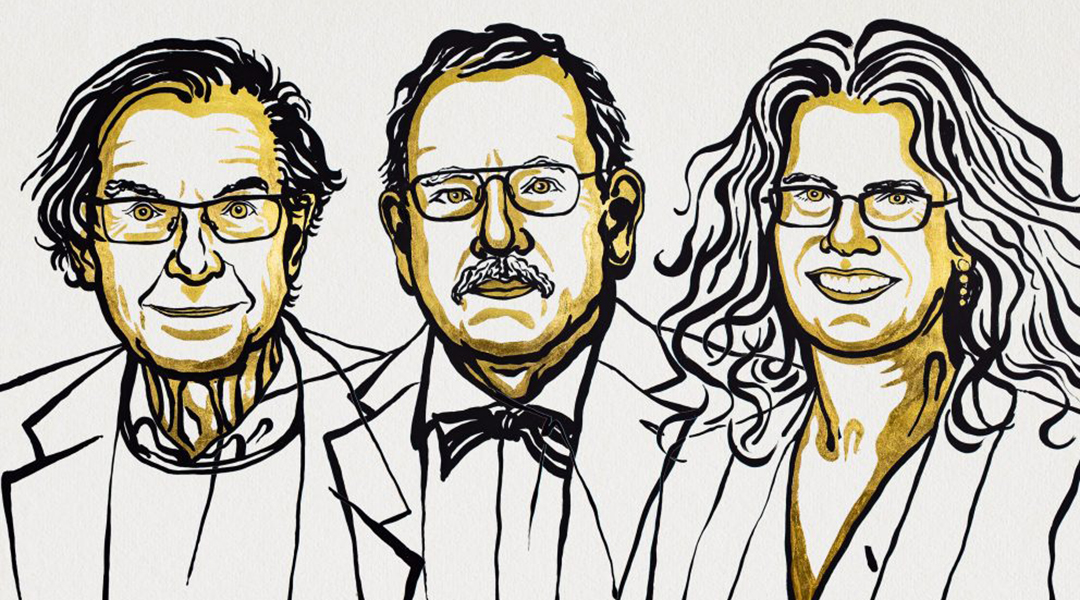
Three laureates share this year’s Nobel prize in physics for their discoveries about one of the most exotic phenomena in the universe: the black hole.
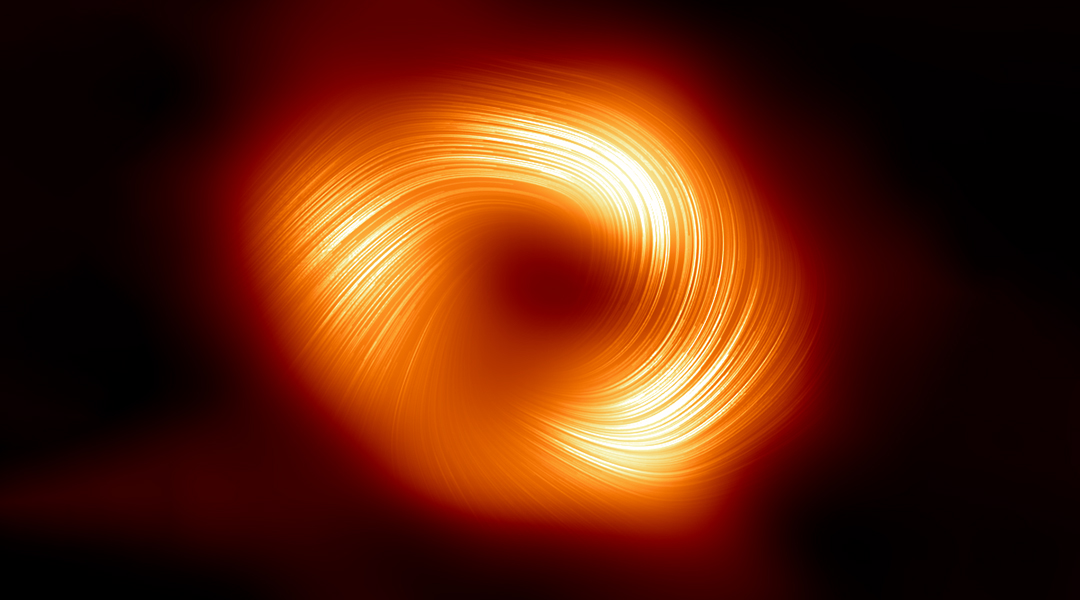
Images of the supermassive black holes wouldn’t have been possible if mimetic gravity was the right recipe for gravity.
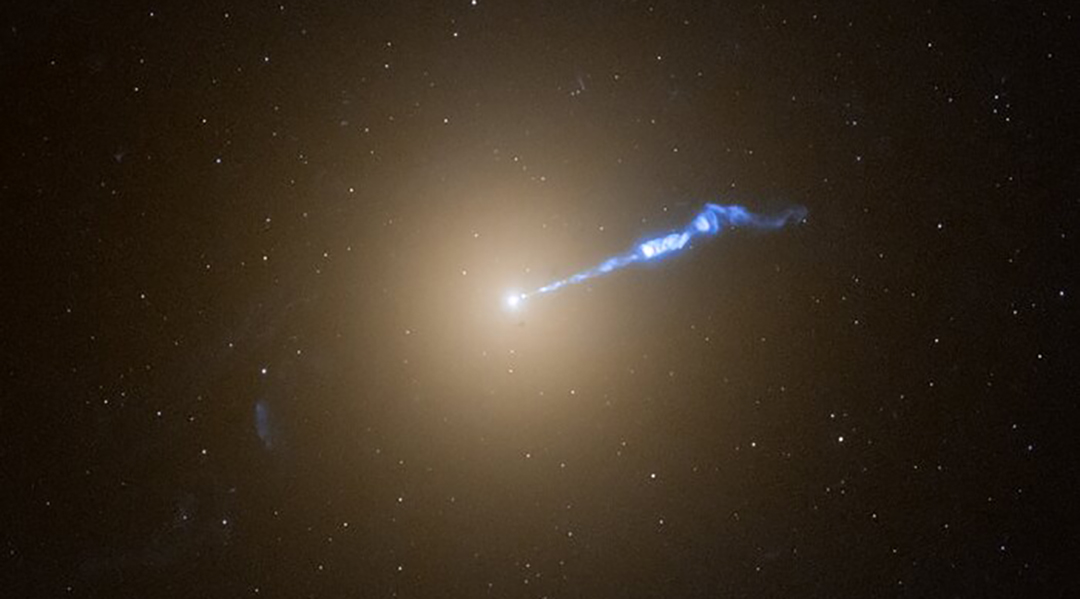
Using the Hubble Space Telescope, astronomers discovered the jet from a black hole, triggering nova explosions along its path.
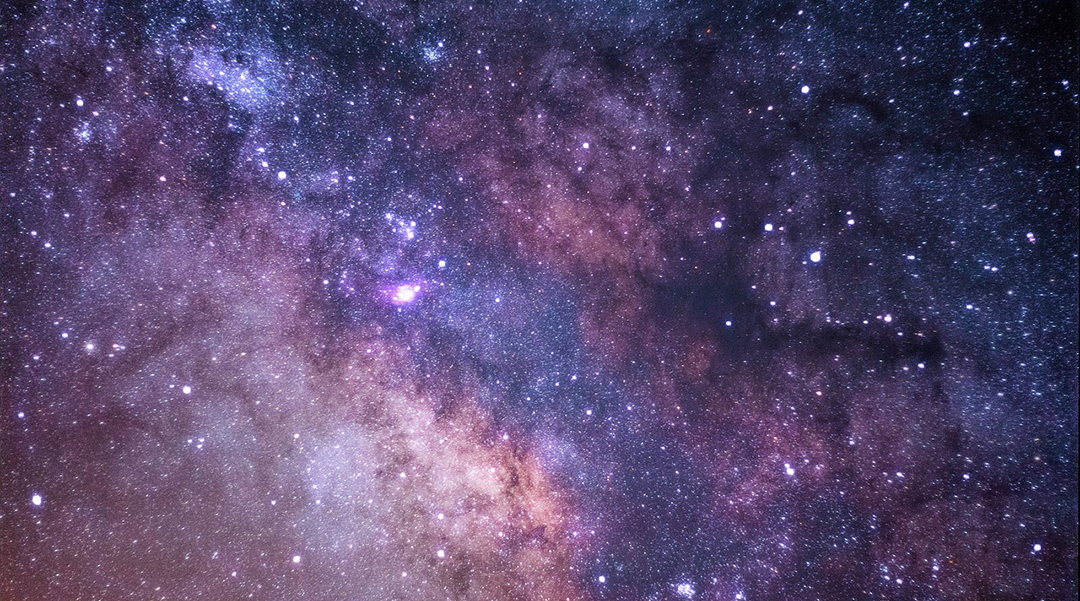
Hubble’s deep near-infrared campaign reveals more supermassive black holes in the early universe than previously expected.
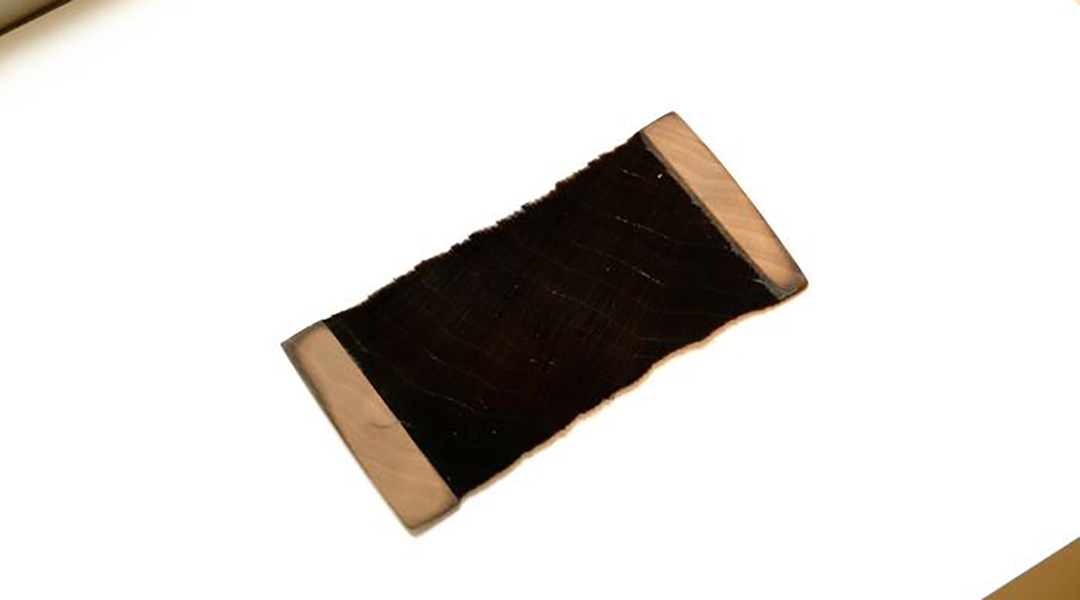
This material absorbs more than 99% of the light that strikes it, making it useful in applications ranging from solar energy to astronomy.